Specifications
| Title | Cow |
|---|---|
| Material and technique | Charcoal and gouache |
| Object type |
Drawing
> Two-dimensional object
> Art object
|
| Location | This object is in storage |
| Dimensions |
Height 498 mm Width 700 mm |
|---|---|
| Artists |
Draughtsman:
Piet Ouborg
|
| Accession number | MB 1984/T 24 (PK) |
| Credits | Purchased 1984 |
| Department | Drawings & Prints |
| Acquisition date | 1984 |
| Creation date | in 1950 |
| Provenance | Unknown |
| Exhibitions | Amsterdam 1971; Rotterdam 2017b |
| Internal exhibitions |
Collectie - surrealisme (2017) |
| External exhibitions |
Surrealist Art - Masterpieces from Museum Boijmans Van Beuningen (2021) A Surreal Shock – Masterpieces from Museum Boijmans Van Beuningen (2021) Only the Marvelous is Beautiful (2022) |
| Research |
Show research A dream collection - Surrealism in Museum Boijmans Van Beuningen |
| Literature | Enschede 1990, p. 112 |
| Material | |
| Object | |
| Technique |
Gouache
> Drawing technique
> Technique
> Material and technique
|
| Geographical origin | The Netherlands > Western Europe > Europe |
Do you have corrections or additional information about this work? Please, send us a message























